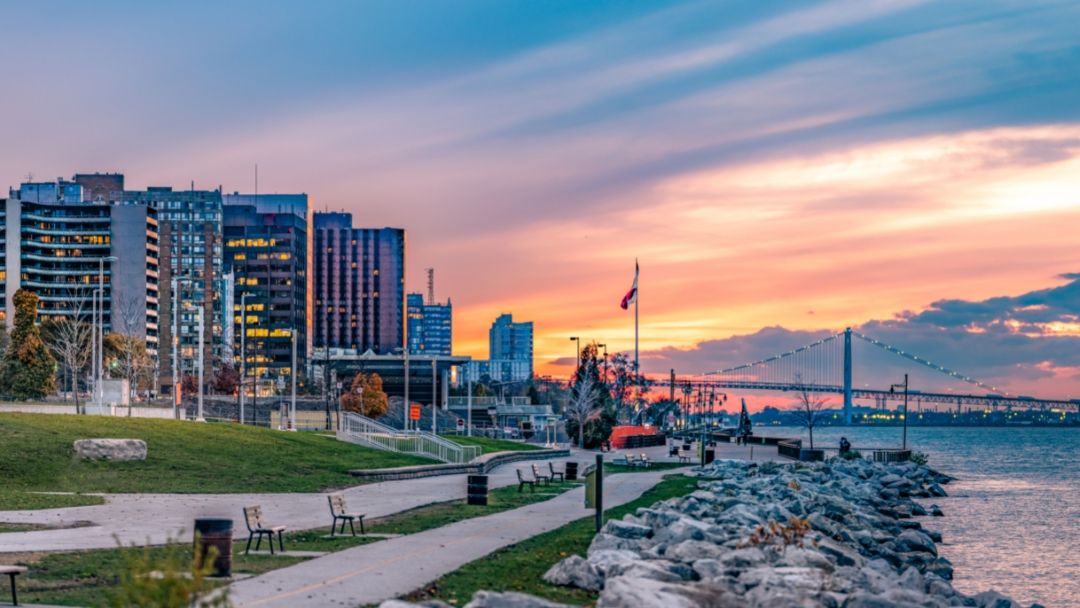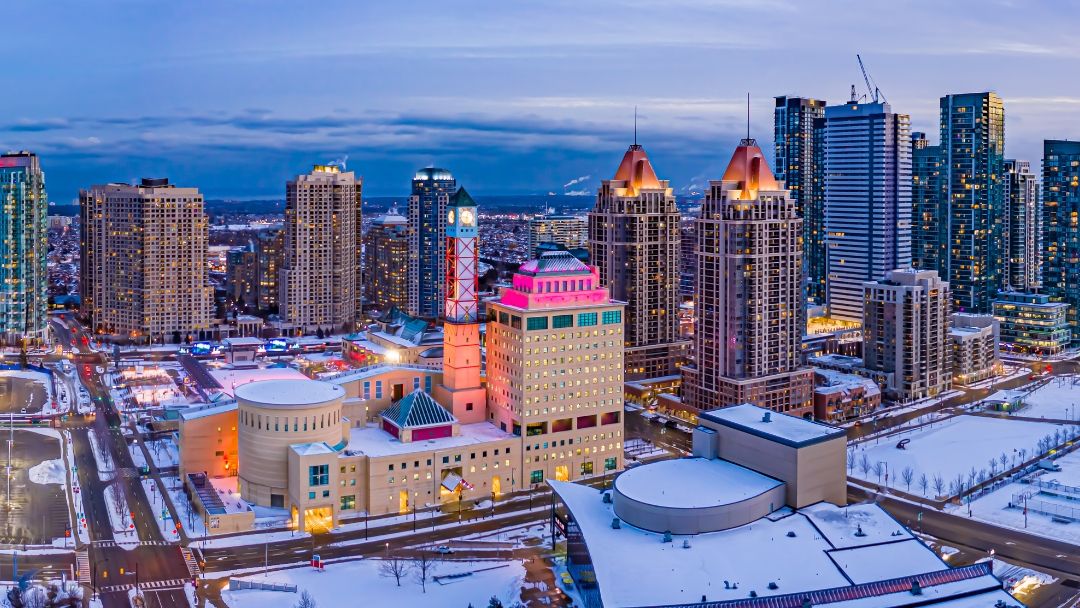Since the legalization of cannabis in Canada in 2018, the provinces and territories have all adopted different approaches to regulating the sale of cannabis.
In Ontario, the provincial government has given municipalities the power to decide whether or not to allow cannabis retail stores to operate within their boundaries. As a result, some cities in Ontario have lots of cannabis stores, while others have zero.
In Ontario, the provincial government has given municipalities the power to decide whether or not to allow cannabis retail stores to operate within their boundaries. As a result, some cities in Ontario have lots of cannabis stores, while others have zero.

One of the main factors that determines the number of cannabis stores in a city is the municipality's stance on cannabis. Some cities are more open to the idea of cannabis stores, while others are not.
Municipalities that are more accepting of cannabis tend to have more stores. For example, Toronto has over 400 licensed cannabis stores, while other municipalities like Richmond Hill and Mississauga currently have none.
Municipalities that are more accepting of cannabis tend to have more stores. For example, Toronto has over 400 licensed cannabis stores, while other municipalities like Richmond Hill and Mississauga currently have none.

Zoning regulations are another factor that affects the number of cannabis stores in a city. Municipalities can regulate where cannabis stores can operate by implementing zoning bylaws. For example, some cities may require that cannabis stores operate a certain distance from schools, parks, or residential areas. These regulations can limit the number of locations where cannabis stores can open, leading to a lower number of stores in the city.
Population density is also a factor that plays a role in the decision to open a store. Cities with larger populations tend to have more stores as there is a higher demand for cannabis products. For example, Toronto - with a population of over 2.9 million people - has over 400 licensed cannabis stores. Meanwhile smaller municipalities like Haliburton - with a population of around 20,000 people - has just one store.
Population density is also a factor that plays a role in the decision to open a store. Cities with larger populations tend to have more stores as there is a higher demand for cannabis products. For example, Toronto - with a population of over 2.9 million people - has over 400 licensed cannabis stores. Meanwhile smaller municipalities like Haliburton - with a population of around 20,000 people - has just one store.

The process of obtaining a license to open and operate a cannabis store has also been a factor influencing the number of stores in a city. Ontario has moved away from the lottery system, but now business owners must still obtain a retail operator license and a retail store authorization from the Alcohol and Gaming Commission of Ontario. This process can be time-consuming and expensive, which could be deterring some would-be business owners from opening cannabis stores.
As the legal cannabis industry continues to grow and evolve in Ontario, it's very likely that we'll see more municipalities open up to the idea of cannabis stores, which could result in an increase in the number of stores in those cities too!
As the legal cannabis industry continues to grow and evolve in Ontario, it's very likely that we'll see more municipalities open up to the idea of cannabis stores, which could result in an increase in the number of stores in those cities too!
